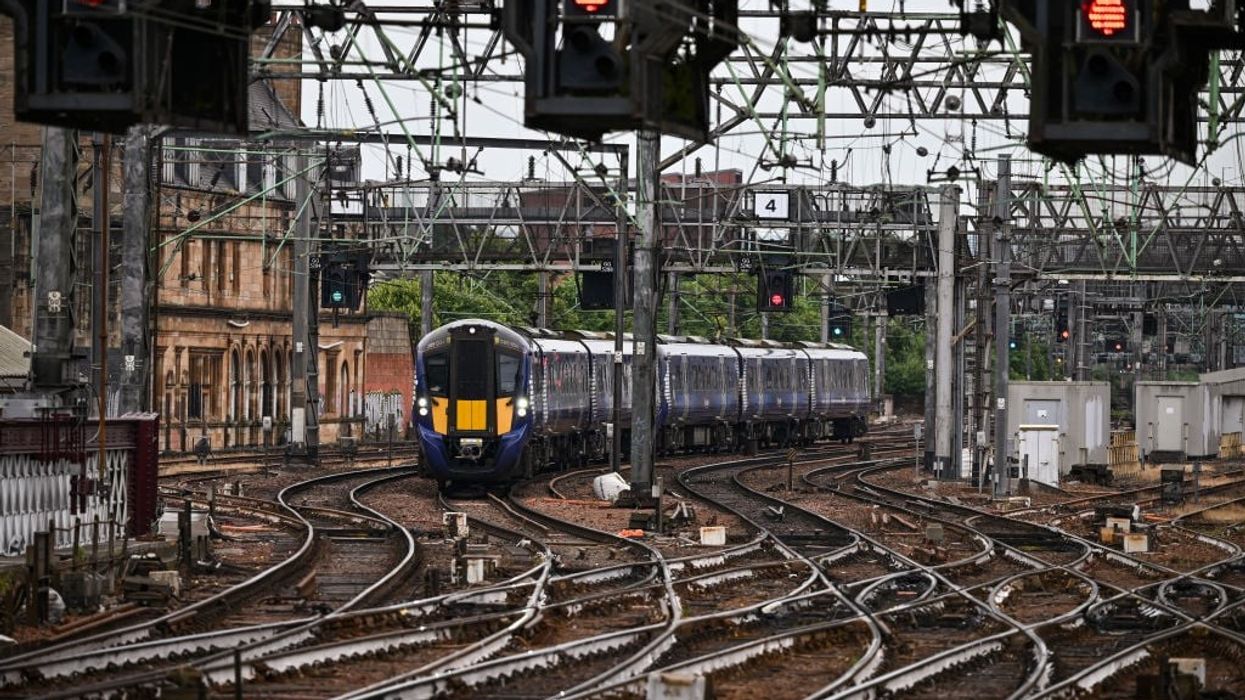Forecasts that British temperatures could hit a record high this week forced train operators to cancel or slow services on Monday, reawakening an age-old debate about why the British rail network struggles in the heat.
As the mercury soared, Britain's rail companies imposed speed restrictions on the network due to the risk that extreme temperatures could force the metal rails to buckle and overhead power lines to sag, meaning journeys would take longer than normal.
Below is an explanation of the British rail network and why it cannot always operate at full speed and capacity on the hottest days, unlike those in Europe where services have been mostly unaffected.
STRESSED RAILS
Rails are pre-stressed to help them resist high temperatures, with British rails having a stress-free level of 27 Celsius. Other countries choose different temperatures.
According to Network Rail, when the air temperature reaches 30 Celsius, the temperature on the rail can be up to 20 degrees higher, and parts of the track cannot cope at those levels.
Network Rail - which owns and operates Britain's 20,000 miles of railway track and 30,000 bridges, tunnels and viaducts - said it was not practical or cost-effective for it to adopt systems suited to higher temperatures, due to the rarity of extremely hot days in Britain.
It also said that rails stressed to the same degree as those in very hot countries could make them less resilient to low temperatures in the winter.
CONSTRUCTION
The majority of rail track in Britain is made of conventional ballasted track which consists of sleepers and ballast stones used to hold the rails in place.
The steel rail can expand or contract significantly in the summer and winter, pushing and pulling the railway out of shape.
The movement of trains also generates forces onto the track. The higher the speed, the greater the force of a train. When heat expansion adds to the pressure, British trains have to slow down to reduce the additional forces they are applying.
In some countries where the force from high temperatures cannot be contained by sleepers and ballast, they use a solid concrete slab to hold the rails in place. Network Rail says slab track costs around four times as much to install as standard ballast track. Only some routes use this in Britain.
ALTERNATIVE OPTIONS
Parts of the track are painted white to absorb less heat. A rail painted white can be 5 to 10 degrees Celsius cooler than one left unpainted. Probes are used on the network to monitor the temperature and set train speeds accordingly.
Asked if normal operations would resume on Wednesday when temperatures are set to fall, Jake Kelly from Network Rail said that would depend on "the damage that the weather does to the infrastructure over the next couple of days".
(Reuters)













